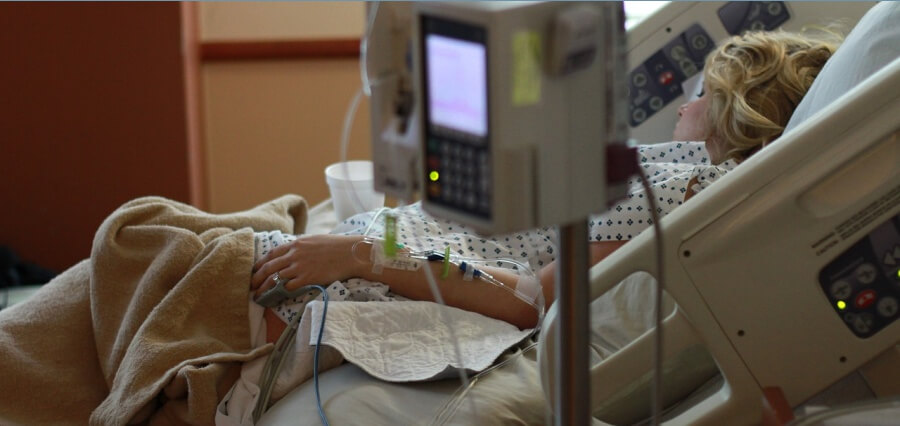Being misdiagnosed by a medical professional can be an incredibly difficult and frustrating experience. Not only does a misdiagnosis mean you may not receive the proper treatment you need, but it can also lead to additional stress, time, and costs as you work to get the correct diagnosis.
This article provides essential tips for navigating a medical misdiagnosis in the UK, from seeking a second opinion to contacting a solicitor for advice on your options.
Getting a Second Opinion
One of the first steps when you believe you have received a misdiagnosis is to seek a second medical opinion. This allows another qualified doctor to review your symptoms, medical history, and any tests that have been conducted. Make sure to bring copies of all relevant medical records with you to your second opinion appointment. If the second doctor disagrees with the diagnosis, ask them to explain why and what they believe the proper diagnosis should be. Getting a second opinion early on can help save you time and get you on the path to the right treatment.
Reviewing Your Options for Making a Complaint
If you have received confirmation from another medical professional that your diagnosis is incorrect, you may want to make a formal complaint about the doctor or healthcare provider who made the error. In the UK, every National Health Service (NHS) organisation must have a complaints procedure in place. Check the website or patient information leaflets of the NHS trust or practice to learn about their complaints process. You can submit your complaint in writing, over the phone, or in person. Include details like relevant dates, names of staff you interacted with, and exactly what happened to lead to the misdiagnosis.
Contacting a Solicitor
Depending on the circumstances around your medical misdiagnosis, you may want to seek legal advice from a solicitor. Solicitors, like those at www.paduffy-solicitors.com, can help you understand your options for pursuing compensation if you have suffered financially, physically, or emotionally because of the misdiagnosis. They can also represent you if you want to make a medical negligence claim against an NHS trust or private healthcare provider.
Seeking Psychological Support
Receiving a shocking medical misdiagnosis can take a toll on your mental health. You may experience anxiety, depression, anger, or confusion while trying to get the proper diagnosis and treatment. Don’t be afraid to lean on loved ones for support during this difficult time. You may also find it helpful to seek professional psychological support.
Your GP can provide a referral to an NHS psychologist or therapist. You can also look into private therapy options and support groups for people who have gone through similar medical misdiagnosis experiences. Having an outlet to process your emotions can help you cope with this challenge in a healthy way.
Dealing with a mistaken medical diagnosis can be immensely difficult. However, there are steps you can take to get your health back on track, receive proper care, and hold medical professionals accountable if negligence occurred. Seeking a second opinion, filing a complaint, contacting a solicitor, and prioritising your mental health will help you navigate this challenging situation.














